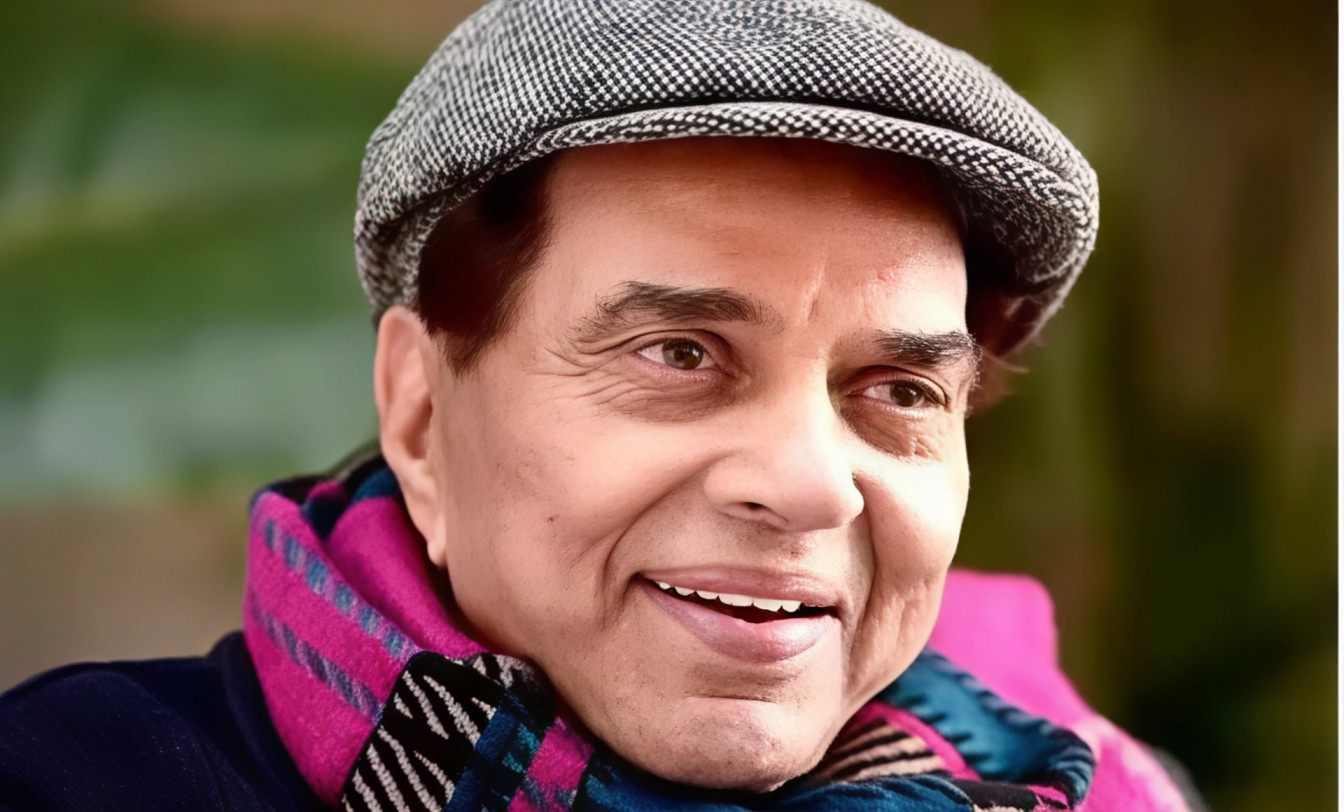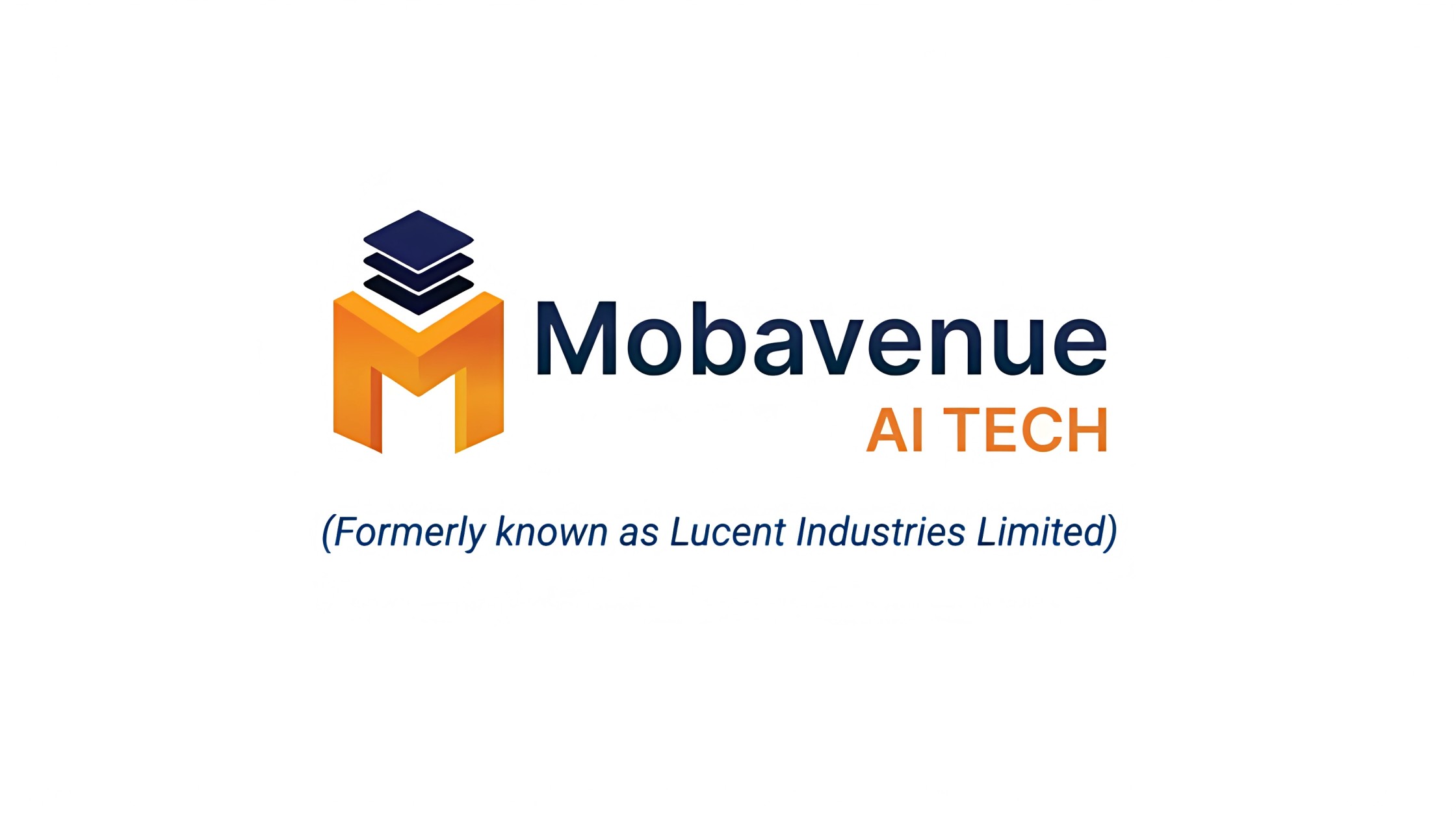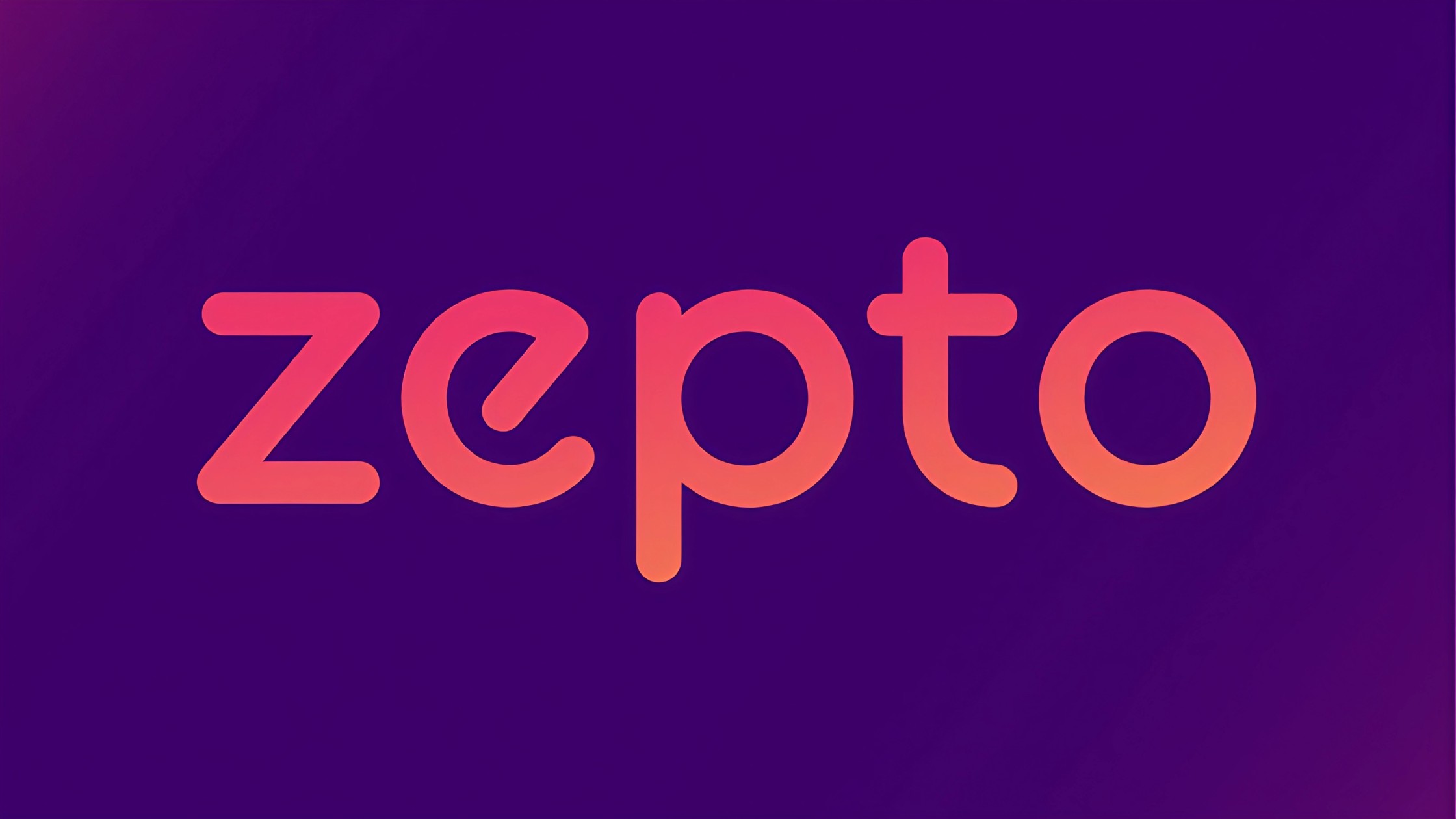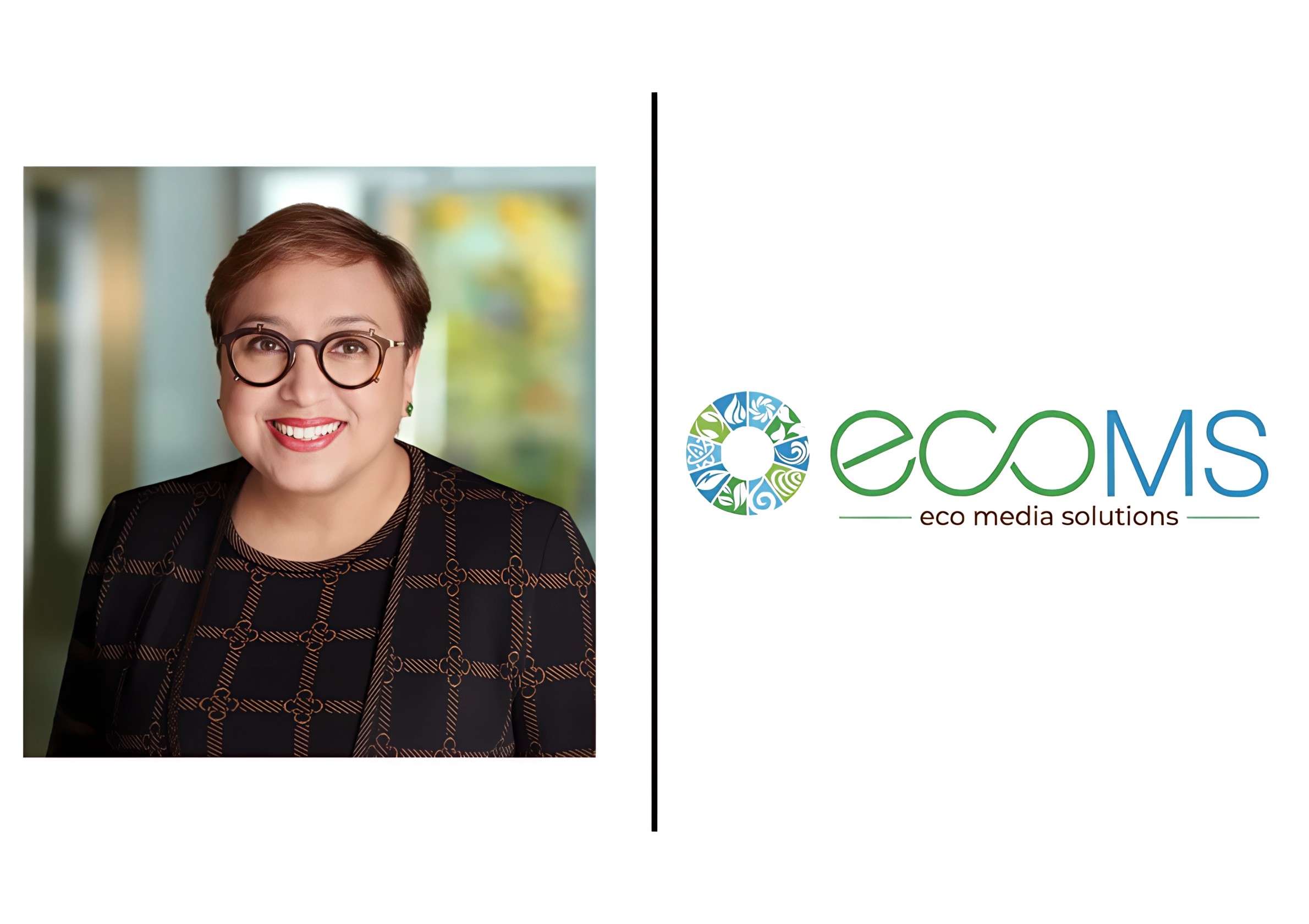Health tech and wearables company Ultrahuman has raised fresh capital as it looks to scale products and deepen its presence in global markets. The Ultrahuman funding Rs 100 crore round comes in the form of venture debt from Alteria Capital and will be used to broaden the product portfolio, accelerate software led revenue and strengthen partnerships in sport and research.
The Bengaluru based startup plans to deploy the funds towards new devices and platforms, with an emphasis on software driven income streams that can complement hardware sales. The company also aims to build on its existing collaborations in athletics and scientific research, where wearable data and insights play a central role.
To date, Ultrahuman has raised more than USD 71.2 million. This includes a USD 35 million Series B round led by Zomato founder and CEO Deepinder Goyal alongside existing investors. Among institutional shareholders, Nexus Ventures holds the largest external stake at 17.26 percent, followed by Blume Ventures, while co founders Mohit Kumar and Vatsal Singhal together retain 28.9 percent ownership.
Ultrahuman reported operating revenue of Rs 565 crore in FY25, with nearly 60 percent of earnings coming from the United States market. The company turned profitable for the first time, posting a net profit of Rs 73 crore in FY25, compared with a loss of Rs 38 crore in FY24. The shift was driven largely by growth and scale in the United States.
ADVERTISEMENT
Founder Mohit Kumar said the company expects to more than double revenue to around Rs 1,100 crore in FY26, based on its current annualised run rate. The latest funding is intended to support that trajectory by backing product innovation and recurring revenue models.
At the same time, Ultrahuman is dealing with regulatory and legal challenges in its largest market. In May, rival Oura alleged that Ultrahuman copied its smart ring design and patents, leading to a United States order restricting the import of Ultrahuman rings. In response, Ultrahuman filed a case in Delhi claiming that Oura copied its sensor technology and health focused features.
The company is now awaiting clarity on whether devices manufactured at its Texas facility fall outside the scope of the current import restrictions. That decision will influence how quickly supply can be restored in the United States.
For Ultrahuman, the funding provides additional runway at a moment when it is balancing strong revenue momentum with market uncertainty. The focus on expanding software driven income and diversifying products suggests a push to reduce dependency on any single device or territory.
If regulatory clarity in the United States is achieved in its favour, the combination of capital, manufacturing in Texas and existing demand could support the company’s plan to more than double revenue. If restrictions continue, the funds may be used to strengthen presence in other markets while refining the product mix.
ADVERTISEMENT
Either way, the new capital underlines investor belief in the broader health tech and wearables category and in Ultrahuman’s ability to compete in it.
Follow Marketing Moves on Instagram and Facebook for industry insights, strategy breakdowns, and brand transformation stories.
















